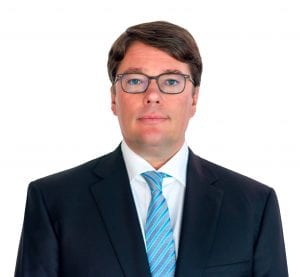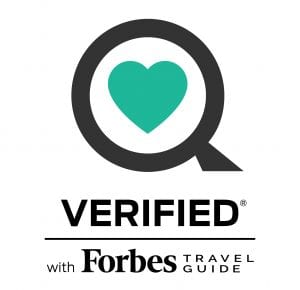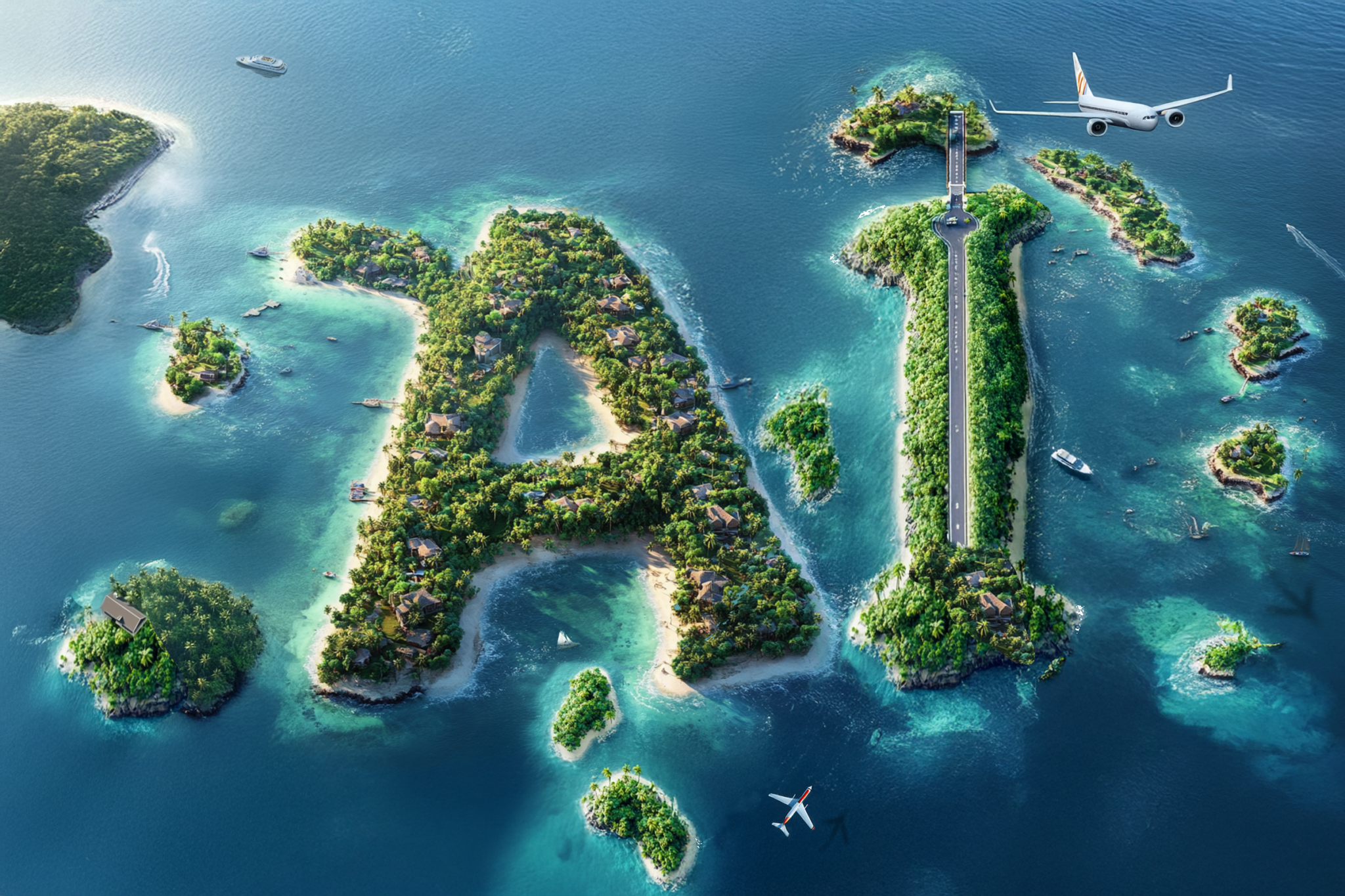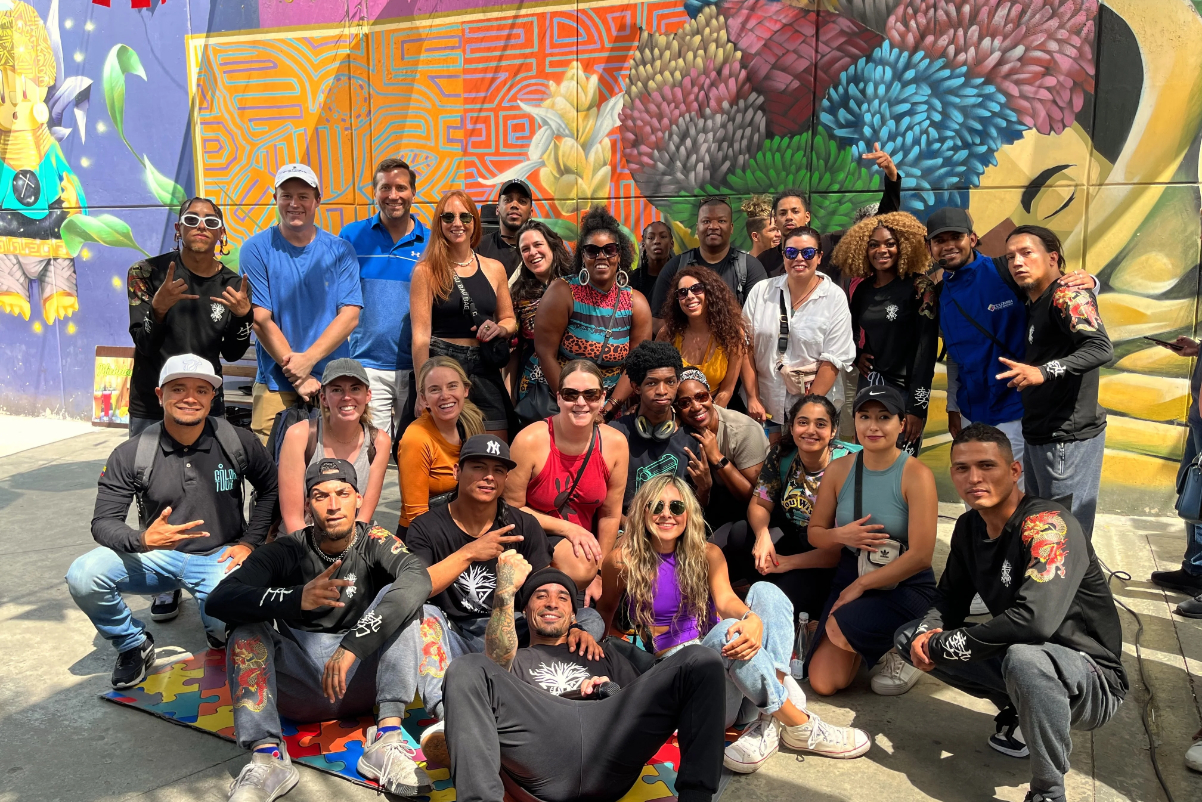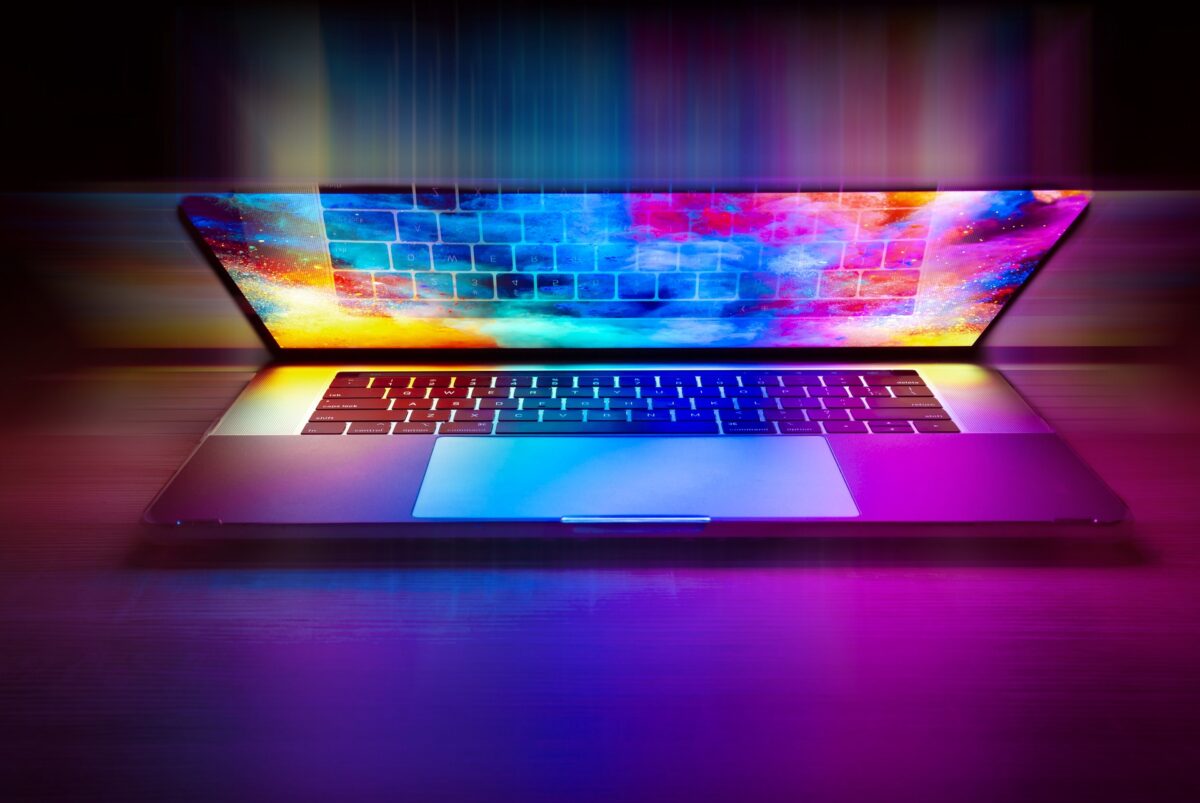Oprah-Backed Healthcare Company on Track to Be the Hotel Industry’s Go-To Safety Standard
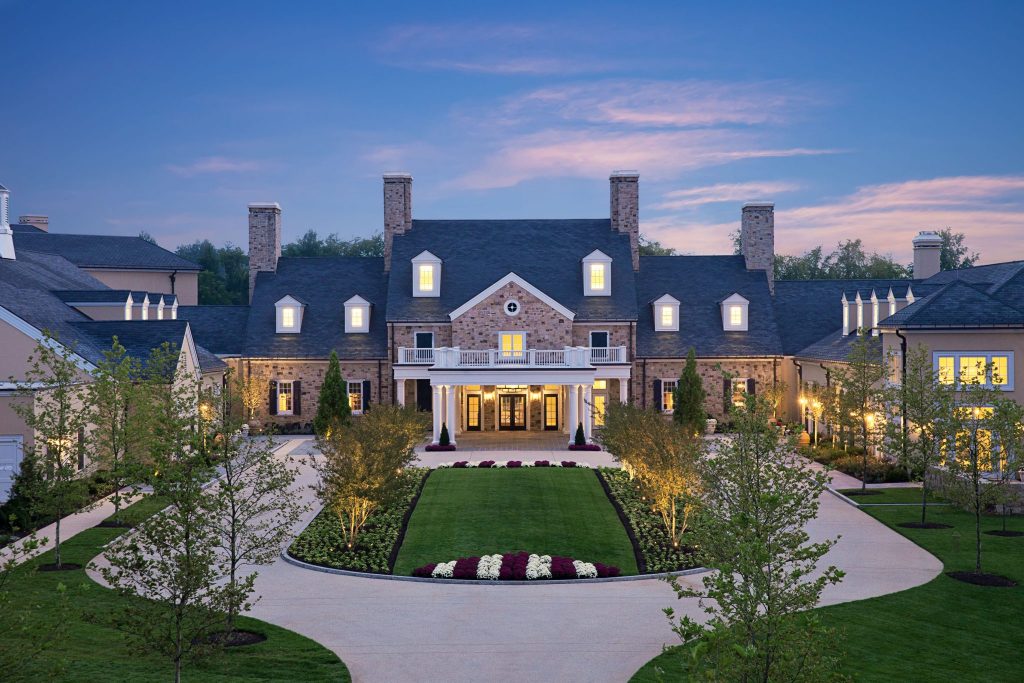
Skift Take
Any hotel company can roll out a heightened cleaning protocol in response to the pandemic — and most did. However, it isn’t always clear what properties are effectively combatting the risk of virus and which are merely putting on what some label “hygiene theater.”
Digital health company Sharecare — whose early investors include Oprah Winfrey and Dr. Mehmet Oz — along with Forbes Travel Guide aim to be the hotel industry’s go-to cleaning verification program, and their latest backers may be the key in making it stand out above other emerging third-party competitors.
“In the new normal, well-being is going to be at the forefront,” said Sharecare CEO Jeff Arnold. “The next layer is this new expectation that’s being shaped: Where I stay, work, and play – is it safe?”
Sharecare and the Forbes Travel Guide partnered on the Sharecare Health Security VERIFIED third-party system to evaluate and confirm an individual hotel’s cleaning regimen. Think of it as an extension of FTG’s five-star evaluation system but for health and safety rather than services and luxurious amenities.
Twenty-four hotels around the world are the first to receive the Sharecare verification seal of approval, the company announced exclusively Tuesday to Skift. They include properties like the Goring Hotel in London, the Baccarat Hotel in New York City, and Atlantis, the Palm, in Dubai.
But Sharecare’s greatest catalyst for hotel safety verification market share likely stems from a deal struck with Internova Travel Group earlier last month.
Internova selected the Sharecare verification system as a way to validate the cleaning, health, and safety procedures at more than 50,000 hotels in the Internova network. Rather than waiting for individual hotel companies to buy into the program, Sharecare’s strategy focuses on getting buy-in from the travel agencies and global distribution systems many companies utilize to book stays for their employees on the road.
More deals like the Internova one are in the works, Sharecare leaders told Skift.
“We’re working really hard to build tools so those group buyers, whether at the corporate level or agencies, have the dashboard and information readily available so they can pass those decision support tools on so people can get traveling again,” Arnold said.
Participating hotels will go through a health security software that requires leaders to verify their property’s health protocols on a regular basis in more than 360 standards. An artificial intelligence chatbot will walk leaders through a verification process that includes cleaning standards, social distancing measures, ventilation and air-handling equipment, and health safety communication with employees and guests.
The program costs hotels $1 per room per month, with a $150 per month minimum. Hotels with a four- and five-star rating by the Forbes Travel Guide will get the Sharecare-partnered service for free next year.
“What’s missing between what hotel companies say they’re doing and what’s actually being done is that single point of verification — a system that goes into each hotel and interacts with the management team and asks all the right questions and asks them to confirm that, indeed, everything is in place,” said Hermann Elger, president of travel, hospitality, and entertainment at Sharecare.
A Network of Trust
There is a burgeoning cottage industry of companies aiming to be third party verifiers for the hotel industry coming out of the pandemic.
The International Well Building Institute incorporated its WELL Health-Safety Rating for Facilities Operations and Management earlier this year as a measure to visibly show hotel guests a property was abiding by heightened cleaning measures. Hotel companies like Mandarin Oriental Hotel Group and Loews Hotels & Co. serve as WELL advisory members.
Blue Canary wants to work with hotels on staff trainings as well as regular audits on how to best handle operations and cleanings in light of the pandemic.
But several of these companies rely more on buy-in from the hotel companies, which argue they already have enough of an in-house compliance team when it comes to the new safety protocols.
Hilton, Hyatt, Marriott, and IHG — when Skift asked earlier this year — all touted various safety verification programs that relied on a mix of accreditation programs, audits, and guest satisfaction surveys.
Sharecare and FTG’s argument is there needs to be an impartial source that decisionmakers in sectors like corporate travel or just a regular travel agency can reliably use to direct clients.
“As we look forward to the world resuming travel, at Frosch we put health security first,” said Bryan Leibman, CEO of travel agency Frosch. “This verification tool will be invaluable in helping us as travel advisors verify the great work that has been done by hotel companies as they re-open to travelers.”
But Sharecare’s leaders also note the verification system has its limits.
“Health security is about a culture of accountability,” Elger said. “Health security is not a culture of policing.”
In theory, a hotel general manager could falsely assert certain cleaning protocols and safety standards were met on a self-verification network like Sharecare. But Arnold and Elger both denied this was a potential vulnerability.
“There’s an auditable trail where you risk losing the badge,” Elger said. “The last thing you’ll want to risk is losing that badge because it will boot you automatically out of many important booking platforms.”
There are a stream of feedback loops the Sharecare and FTG verification system will use, including feedback from guests and travel agents.
“What we see evolving over time is how the community starts to govern itself,” Arnold said. “We don’t believe general managers and other people, based on how serious this issue is, we don’t think people will take that lightly and mislead people.”
Beyond Travel
Sharecare and FTG aren’t limiting their third-party verification plans to the hotel industry.
Sharecare alone has raised roughly $500 million for its digital health platform and spent $50 million of that building a well-being index for every ZIP Code in the U.S. That could soon expand to the entire world, Arnold said.
“In the digital health world, we’ve been partnering with media companies, hospitals, employers, and large insurance companies all able to get these resilience tools into the hands of people, so, when the next pandemic comes, they’re personally well-equipped,” he added.
While the hotel industry may be the first step in growth, the verification platform could also apply to live event venues and offices — two real estate sectors reeling from the pandemic.
Schools, restaurants, and even houses of worship are also on Sharecare’s radar.
“There’s an expectation the hospitality industry can lead, but it will bleed into the fabric of all our communities,” Arnold said.
